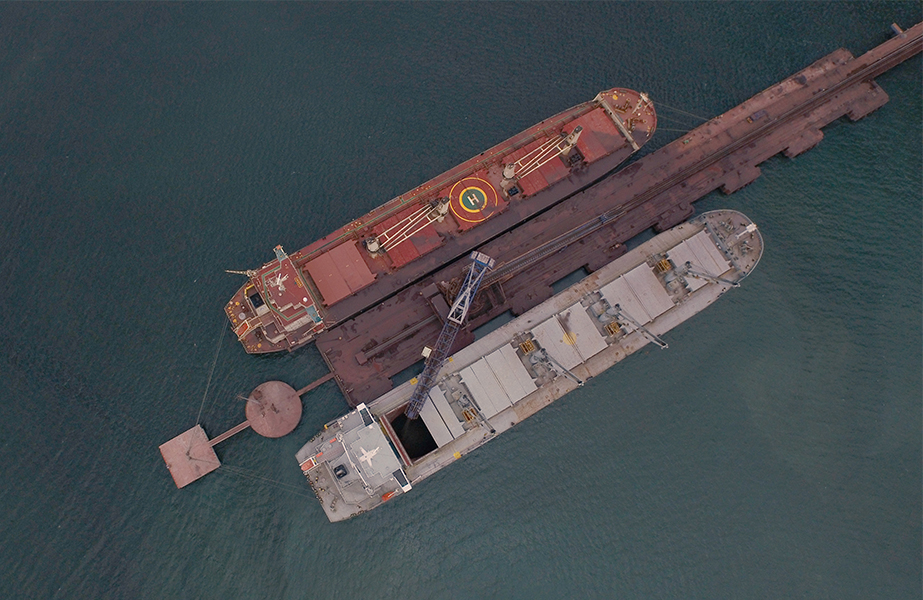New York, 20 August (Argus) — The New York State Energy Research and Development Authority (NYSERDA) plans to award up to $7.8mn in grants to speed the deployment of innovative low-carbon fuels in the state.
The funds — which come from New York’s quarterly sales of power plant carbon market allowances — are meant to cover some of the cost of one or two pilot projects that aim to turn in-state waste feedstocks into climate-friendly fuels. The goal is to “de-risk scale up” of innovative fuel pathways, NYSERDA said.
The grants are for fuels that can serve hard-to-electrify sectors or support grid reliability, excluding those targeting light-duty vehicles. And the agency wants to support less established pathways, explicitly barring fuels from conventional crops, renewable diesel and jet fuel made from hydro-processing oils and fats, and renewable natural gas from anaerobic digestion. Ammonia and hydrogen are separately ineligible.
Liquid-fuel pathways must produce at least 70pc fewer greenhouse gas emissions than petroleum alternatives, while renewable natural gas pathways must cut emissions by at least half. Potential waste feedstocks include municipal solid waste, landfill gas, wastewater sludge, agricultural residues, and captured carbon dioxide.
While funds can help other parts of the supply chain, such as feedstock collection, the goal is to support companies eyeing pilot projects that can make at least 1 /d of liquid fuel or at least 1 /d of renewable natural gas. Proposals are due by 22 January 2026.
Alternative fuels are already produced at scale in the US from crop feedstocks like corn and soybeans as well as wastes like used cooking oil. But developers and investors have eyed more novel fuel types — including fuels from gasifying waste and electrofuels made from renewable electricity.
The sprawling energy and tax bill that President Donald Trump signed into law last month extends a federal tax credit for low-carbon fuels two additional years through 2029, providing some more certainty to early-stage clean fuel developers. But the incentive will also be less generous in other ways, stripping eligibility from fuels made from feedstocks outside North America and removing extra subsidies allowed this year for aviation fuels.
By Cole Martin





